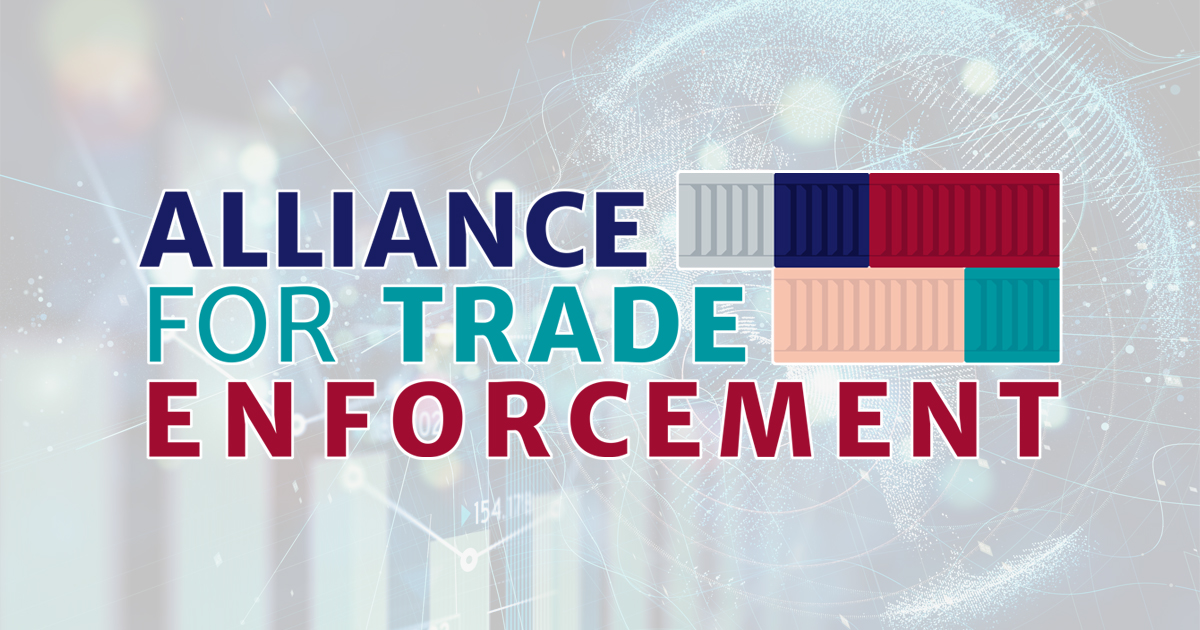|
USTR just took a major step to enforce the United States-Mexico-Canada Agreement by calling for dispute settlement consultations with Mexico over the country’s discriminatory energy policies. This is the first time the United States has sought consultations with Mexico on a commercial obligation in the USMCA.
Under the Agreement, consultations begin 30 days after a request to begin consultations. If the government of Mexican President Andrés Manuel López Obrador (AMLO) continues to violate trade commitments, the process could eventually lead to new tariffs levied on Mexican goods imported into the United States to encourage Mexico to come into compliance with its USMCA obligations.
Specifically, the United States is challenging four Mexican policies: Laws passed in 2021 that give the state-owned Federal Electricity Commission (CFE) advantages over private-sector producers; inaction and delay on allowing private energy companies to operate; a 2019 regulation granting an extension to comply with diesel fuel standards exclusively to state-owned oil producer Pemex; and a 2022 policy that gives CFE and Pemex priority use of Mexico’s natural gas transportation network.
Though some of these policies are new, they are part of a years-long campaign by AMLO to drive private, foreign energy investment out of Mexico — even though this would increase both electrical generation costs and the country’s greenhouse gas emissions, according to both a U.S. Energy Department analysis and AMLO’s own domestic opposition.
While this enforcement action is good news, there’s still more to be done, both in the energy sector and beyond.
Recently, the Mexican president spearheaded legislation to nationalize lithium deposits, a key ingredient in electric-vehicle batteries. Mexico also has yet to bring its intellectual property regime into full compliance with the USMCA and earlier this year passed a worrisomely ambiguous law banning the unauthorized use of indigenous art and design. Additionally, expanded food labelling requirements have banned sales of U.S. packaged goods to minors in key Mexican states, restricted U.S. exports, and increased legal uncertainty, generating excessive costs and forcing U.S. companies to discontinue the sale of certain products.
Some five million U.S. jobs depend on trade with Mexico, not to mention billions of dollars in economic output. USTR needs to keep up the pressure and enforce Mexico’s USMCA commitments in other areas where it is falling short. |


